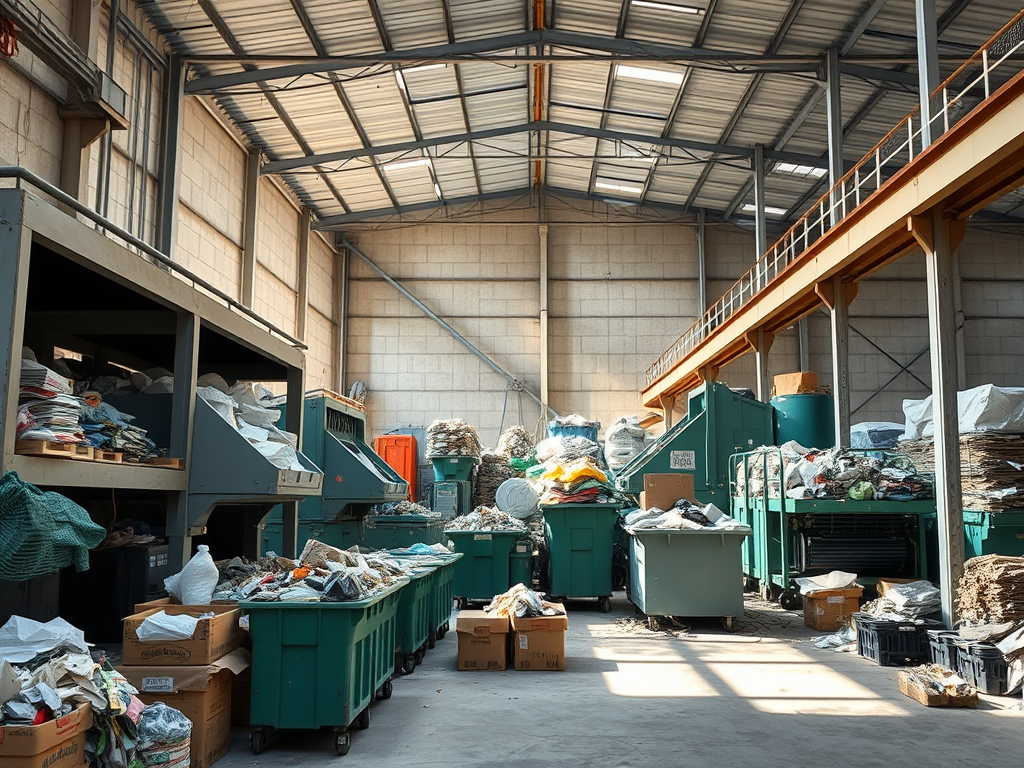
Dubai’s Freelance Visa Program offers a unique opportunity for independent professionals to live and work in one of the world’s most vibrant cities. Central to this program are the Free Zones, specialized areas that provide favorable conditions for freelancers to manage their businesses with ease. This article will delve into how Free Zones function within Dubai’s Freelance Visa Program and outline their significance for freelancers seeking to maximize their potential in this dynamic market.
What Are Free Zones?

Free Zones in Dubai are designated areas that allow businesses to operate with 100% ownership while providing various tax benefits and simplified regulatory requirements. They serve as hubs for various industries, fostering an environment conducive to entrepreneurship and innovation. The relationship between Free Zones and freelancing is crucial, as they pave the way for freelancers to establish a legal business presence in Dubai without the need for a local partner. Here are some key features of Free Zones:
- 100% Foreign Ownership: Foreigners can own 100% of their businesses without needing a local sponsor.
- Zero Corporate Tax: Businesses operating in these zones enjoy exemption from corporate taxes for a specified period.
- Streamlined Registration: The process of obtaining a business license is generally faster and more straightforward.
- Access to Global Markets: Dubai’s strategic location offers freelancers access to markets in Europe, Asia, and the Middle East.
- Infrastructure Support: Free Zones usually provide essential infrastructure like office spaces, meeting rooms, and IT services.
The Freelance Visa Program, supported by Free Zones, opens up a myriad of possibilities for freelance professionals. One of the standout advantages is the ease of setting up a freelance business without navigating complex legal frameworks. Additionally, by working within a Free Zone, freelancers can benefit from networking opportunities that arise from being part of a community of innovative businesses. More benefits include:
- Flexibility: Freelancers can operate remotely and manage their schedules.
- Tax Savings: The absence of personal income tax is a significant financial incentive.
- Documentation Assistance: Many Free Zones provide support in securing necessary documentation.
- Residency Support: The Freelance Visa allows for one’s family to join them in the UAE.
Types of Freelance Visas in Dubai

Dubai’s Freelance Visa landscape is diverse, offering different categories based on specific professional needs and sectors. Each category is tailored to accommodate various freelancing roles, making it easier for professionals to find a suitable option. Some of the most common types of freelance visas include:
- Creative Freelance Visa: Focused on roles in media, advertising, and art.
- Tech Freelance Visa: Designed for IT and tech-related professionals.
- General Freelance Visa: For those who fall outside specific categories but still wish to work independently.
- Educational Freelance Visa: Catering to educators, trainers, and coaches.
Each type of visa grants the holder specific privileges, helping to ensure that freelancers have the right tools and legal backing to conduct their business efficiently in Dubai’s marketplace.
How to Choose the Right Free Zone for Your Freelance Business
Selecting an appropriate Free Zone is vital for optimizing your freelance endeavors in Dubai. Factors to consider include the industry focus of the Free Zone, the cost of licenses, and available support services. Moreover, understanding your career goals can influence your choice significantly. Here are some steps to guide you:
- Research Free Zones: Identify which Free Zones align with your area of expertise and professional goals.
- Assess Costs: Compare license fees, office spaces, and other operational costs across zones.
- Check Facilities: Look into the facilities offered, such as networking events and workshops.
- Evaluate Locations: Consider the Free Zone’s location in relation to your potential client base.
- Seek Recommendations: Speak to other freelancers to understand their experiences and recommendations.
Conclusion
Understanding the role of Free Zones in Dubai’s Freelance Visa Program is essential for professionals aiming to leverage the unique opportunities Dubai offers. These zones not only facilitate the establishment of freelance businesses but also provide various advantages that can significantly enhance one’s career. The combination of favorable regulations, financial benefits, and a vibrant professional community make Free Zones a fundamental component of the freelancing landscape in Dubai. As the city continues to grow as a hub for innovation and entrepreneurship, freelancers who take advantage of these opportunities are well-positioned for success.
Frequently Asked Questions
1. What is a Free Zone in Dubai?
A Free Zone is a designated area in Dubai where businesses can operate with full ownership, flexible regulations, and various tax incentives.
2. Who can apply for a Freelance Visa?
The Freelance Visa can be applied for by independent professionals from various sectors, including technology, arts, and education.
3. How long is the Freelance Visa valid?
The Freelance Visa in Dubai usually has a validity of two to three years, depending on the specific Free Zone regulations.
4. Can I bring my family on a Freelance Visa?
Yes, holders of the Freelance Visa can apply for family visas to bring their dependents to Dubai.
5. Are there any ongoing fees associated with maintaining a Freelance Visa?
Yes, freelancers may need to pay annual renewal fees for their visas, business licenses, and any other regulatory costs linked to their operations in the Free Zone.


